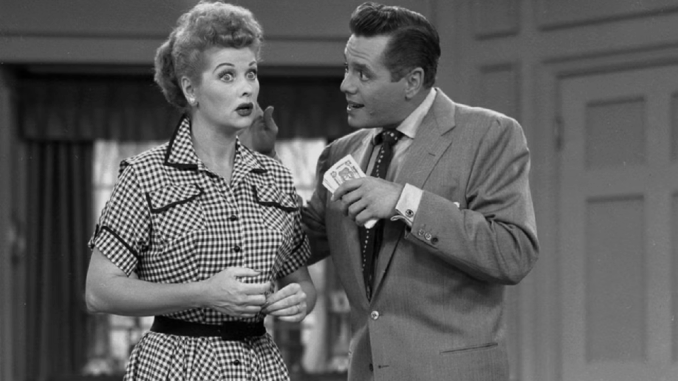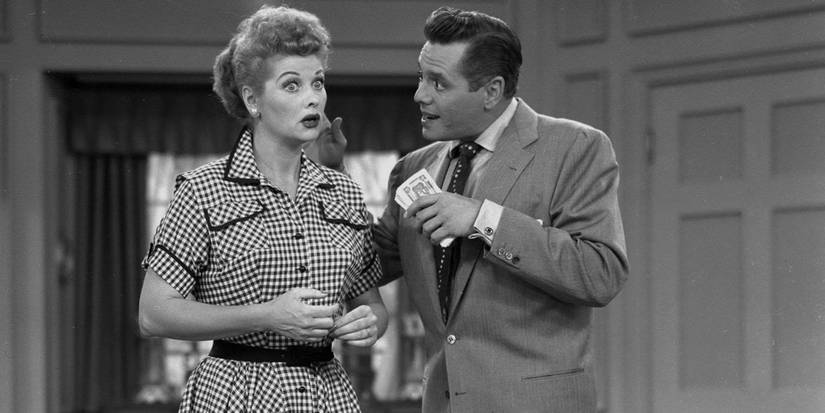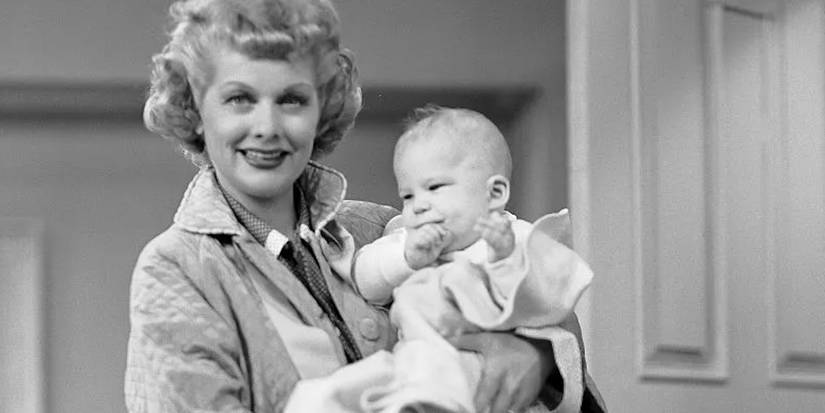
‘I Love Lucy’ Had to Deal With the Television Code
Not unlike the infamous Hays Code that dictated the film industry between 1934 and 1968, the Code of Practices for Television Broadcasters, aka the Television Code, was a self-regulation initiative adopted by the National Association of Broadcasters between 1952 and 1983. It set ethical standards that television programming should adhere to, standards that hewed closely to its movie industry kin. Profanity, illicit sex, drunkenness, and drug addiction were prohibited outright. Television programs also couldn’t portray family life, God, religion, and law enforcement officials in a negative light. Conversely, crime and horror weren’t to be portrayed in a positive fashion. Performers were to dress and move within the “bounds of decency.” News reporting was expected to be “factual, fair, and without bias,” with any commentary and analysis of the news clearly defined as being such (maybe this one should come back into play, no?). Religious programming was a must, and broadcasters were discouraged from charging religious organizations for that time.
The Television Code Opposed ‘I Love Lucy’ Referencing Lucille Ball’s Real Pregnancy
CBS and sponsor Philip Morris vehemently opposed the prospect, and Arnaz was told, in no uncertain terms, “You cannot show a pregnant woman on television” by the Biow advertising agency. The less-than-subtle implication was that acknowledging Ball’s pregnancy on the program could hold dire consequences for the program’s future. According to the previously cited Time article, Arnaz pushed back, saying, “What is so wrong if she has a baby in the show as Lucy Ricardo?” Executives, seeking a compromise, suggested that Lucy could simply hide the pregnancy by being filmed behind chairs or tables, a suggestion Arnaz responded to with a simple, “Not Lucy.”
‘I Love Lucy’ Found a Way Around the Television Code
It all came to a head on January 19, 1953, with CBS airing the birth episode the same day that Ball was scheduled for a cesarean delivery. If American viewers turned away, the proponents of the Television Code would have won the day, and I Love Lucy would likely face cancelation. If American viewers tuned in, Arnaz and Ball would be proven right, and change the industry in a major way. The latter proved to be the case, with 44 million Americans watching “Lucy Goes to the Hospital.” As Entertainment Weekly reports, legend has it that nationwide water supplies dropped significantly when the episode was over, as no one wanted to step away from the TV to use the bathroom until Lucy had Little Ricky. The episode got so much attention that the inauguration of Dwight D. Eisenhower the same day failed to generate interest even remotely close.
Ball would win an Emmy for Best Comedienne the following month, while Arnaz and Oppenheimer were awarded their own for Best Situation Comedy. I Love Lucy would go on to become one of TV’s most iconic comedies, Ball was celebrated as one of its great comic talents, and the Television Code ended for good in 1983.


